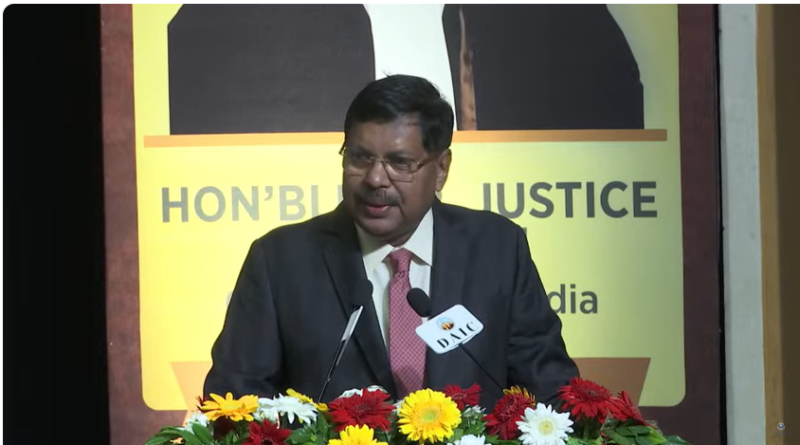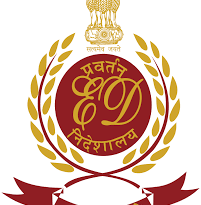CJI B.R. Gavai: Human Dignity is the Soul of the Constitution, A Fluid Principle Connecting Equality, Liberty, and Justice
(Syed Ali Taher Abedi)
New Delhi, September 3 – Chief Justice of India (CJI) B.R. Gavai on Tuesday underscored the centrality of human dignity in India’s constitutional framework, describing it as the “soul of the Constitution” and a fluid principle that harmonizes the values of liberty, equality, and justice.
“The judiciary has emphasized human dignity as the soul of the Constitution. It has held human dignity to be a pervasive principle that underlies the very spirit and philosophy of the Constitution, shaping the core values articulated in the Preamble: liberty, equality, fraternity, and justice. 66. Across a wide array of judgments in the 20th and the 21st century, the Supreme Court has consistently recognized that human dignity is both a substantive right and a normative lens through which all fundamental rights must be understood.”
Speaking at the 11th Dr. L.M. Singhvi Memorial Lecture in New Delhi, the CJI observed that human dignity cannot be seen as a fixed or rigid idea. Instead, it is a dynamic, evolving principle through which constitutional courts can gain a deeper understanding of fundamental rights and their interrelationship.
““This ensures that the protection afforded by the Constitution is meaningful and comprehensive.” The CJI Opined.
‘Not a Mere Moral Ideal, but a Constitutional Value’
The CJI noted that the Supreme Court, through a long line of landmark judgments, has consistently treated dignity not as a mere moral or philosophical ideal but as a core, binding constitutional value.
“The Court has approached dignity not only as a substantive right in itself but as a normative tool—a lens through which all fundamental rights can be understood, expanded, and harmonized,” he said.
The Chief Justice cited the KS Puttaswamy case—which recognized the right to privacy as a fundamental right—emphasizing its famous articulation: “To live is to live with dignity.” He noted that this interpretation reflects the judiciary’s broader vision to secure a life of dignity for every citizen as the essence of the Constitution.
Dignity as the Core of Constitutional Philosophy
CJI Gavai explained that dignity serves as the “connective tissue” of constitutional philosophy, flowing seamlessly across the notions of liberty, equality, and justice.
“Dignity ensures the quality of life and self-respect for every individual. It is not static; it is a living principle that empowers courts to expand and interpret rights in keeping with changing times and social realities,” he said.
“In practice, this means that dignity serves as a guiding principle that connects rights, allowing the judiciary to develop a coherent and holistic framework for constitutional adjudication. 68. Whether in the context of prisoners, workers, women, or persons with disabilities, human dignity informs the understanding of autonomy, equality, and justice, ensuring that the law protects not only physical survival but also the broader conditions necessary for a life of self-respect, freedom, and opportunity.”
Key Dignity-Cantered Judgments
The CJI pointed to several judgments where the Supreme Court has employed dignity to protect individual freedoms, strike down discriminatory laws, and broaden constitutional protections.
From privacy and gender equality to LGBTQ+ rights and the abolition of untouchability, the Court’s jurisprudence, he said, reflects its commitment to safeguarding the dignity of all citizens.
Event Attended by Legal Luminaries
The event, organized to commemorate the legacy of Dr. L.M. Singhvi, a distinguished jurist and parliamentarian, was attended by Lok Sabha Speaker Om Birla and senior advocate Dr. A.M. Singhvi, among others.
The lecture concluded with a call to strengthen constitutional values and ensure that human dignity remains at the heart of governance and justice delivery in India.




